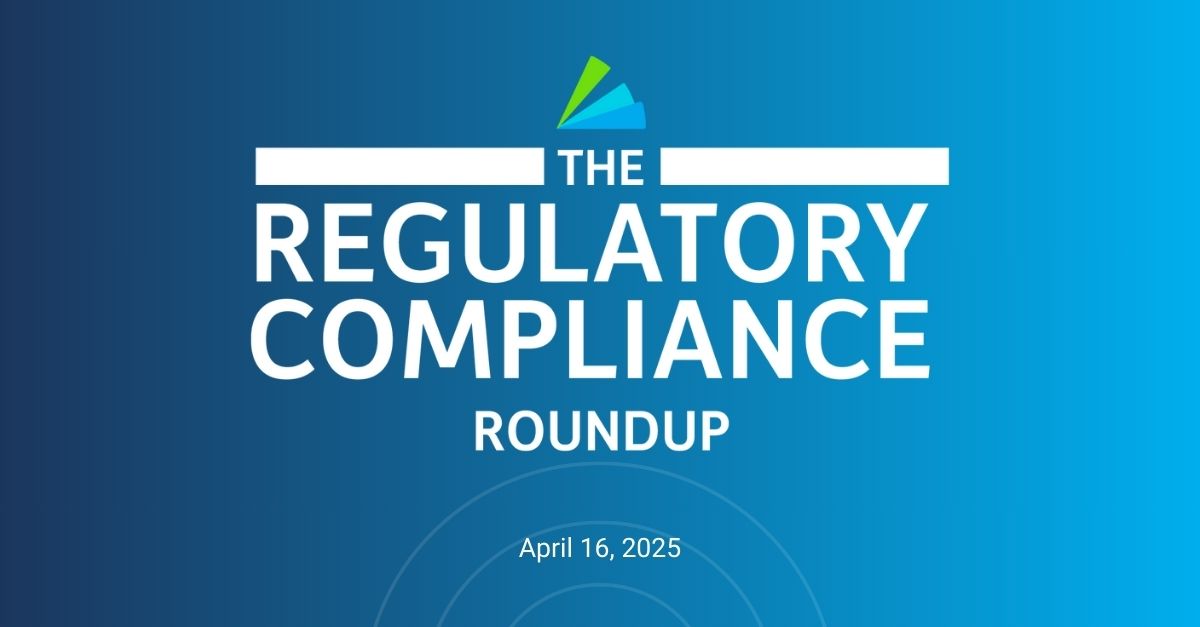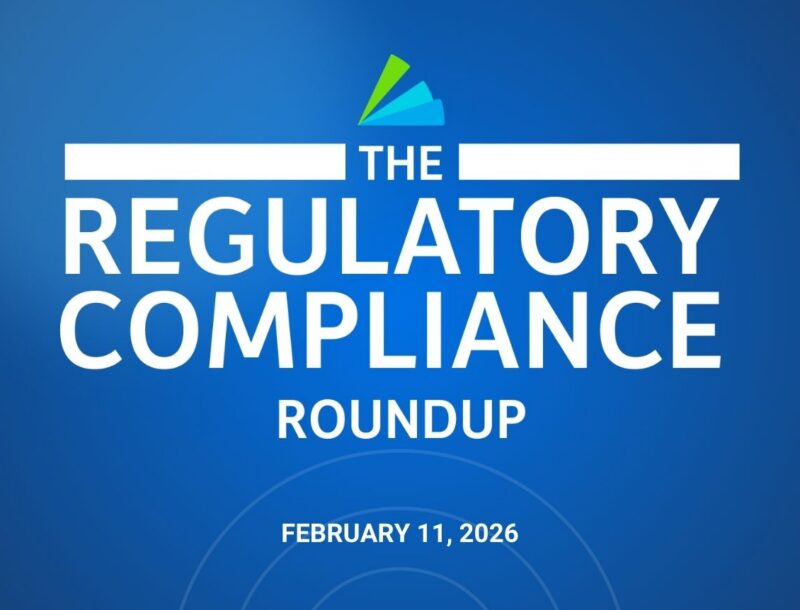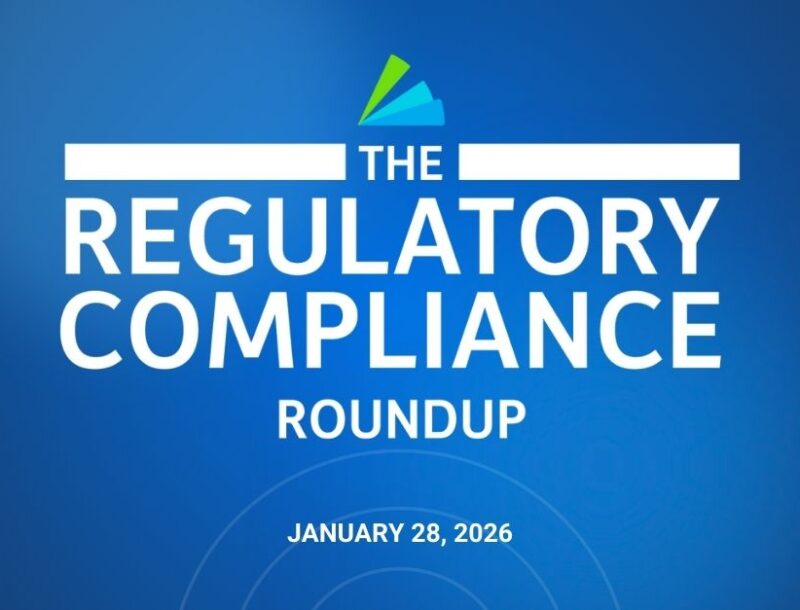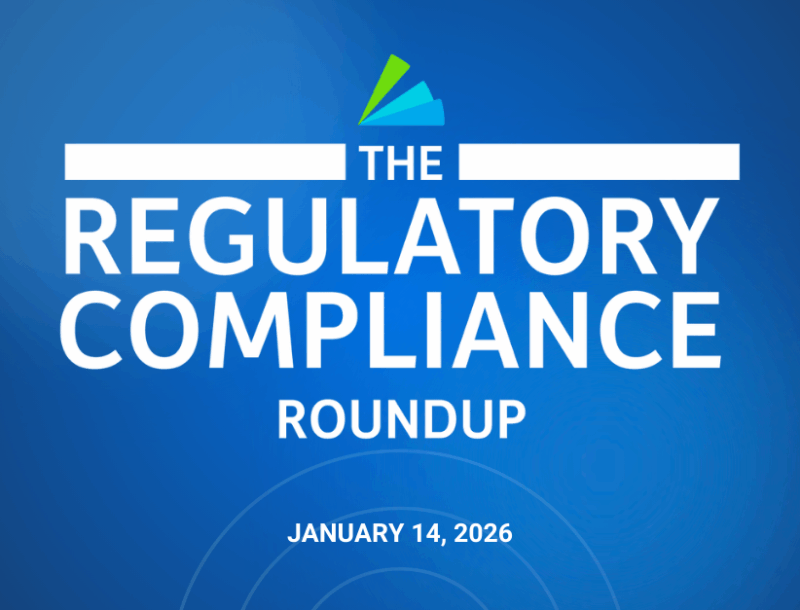The Roundup: Court Pauses CFPB Order, Affiliate Partnerships for Banks, and Marketing Compliance Tech as a Strategic Investment

Welcome to the PerformLine Regulatory Compliance Roundup, home of the latest news, articles, and reports from our industry, curated for you. Let’s get into it.
In this edition: US appeals court pauses order reversing Trump actions at CFPB, affiliate partnerships become marketing mainstay for banks, new tariffs could hit subscription sellers hard and require customer notification, the good, the bad, and the scammy of online search results, and why marketing compliance technology is a strategic investment.
Do you want to be the first to know when the Regulatory Roundup is released? Subscribe to never miss an email and follow us on LinkedIn for even more updates on marketing compliance.
US Appeals Court Pauses Order Reversing Trump Actions at CFPB
A federal appeals court temporarily paused a lower court order that blocked the Trump administration’s efforts to dismantle the CFPB, while leaving key protections in place. The pause gives the court time to review the Justice Department’s appeal but doesn’t signal a final decision. The original ruling had reinstated fired staff and required the CFPB to resume operations, calling prior shutdown actions likely unlawful.
Affiliate Partnerships Become Marketing Mainstay for Banks
Affiliate marketing has become a key digital strategy for banks, enabling efficient customer acquisition through partnerships with content creators and digital marketplaces. By paying only for measurable outcomes like account openings, banks can boost growth while controlling costs. Once focused on retail products, affiliate marketing now also supports commercial offerings. However, as its use expands, it introduces new compliance risks and requires robust oversight to ensure regulatory standards and brand integrity are maintained.
Significant Stat: 34%: A recent study revealed that 34% of professionals spend over 11 hours per week searching for and reviewing content for compliance issues, with 25% spending over 20 hours per week on manual review alone. Read more
Subscription Sellers Take Note: New Tariffs Could Hit You Hard and Require You to Notify Customers
Subscription-based businesses may face increased costs due to new import tariffs imposed by the Trump administration, potentially necessitating price adjustments. However, raising prices for existing subscribers could trigger legal obligations under various state laws that mandate clear and conspicuous notification of any “material change” to subscription terms, along with cancellation options. Failure to comply may lead to regulatory scrutiny or legal challenges. Companies should carefully assess their notification obligations before implementing price increases to ensure adherence to consumer protection laws.
Online Search Results: The Good, the Bad, and the Scammy
A recent FTC blog highlights how scammers exploit online search results—often using real company or government names in paid ads—to mislead users and steal money or personal information. While the advice targets consumers, it serves as a crucial reminder for companies: maintaining full oversight of your brand online is essential. Unauthorized use of a brand in search ads or deceptive websites can not only harm consumers but also damage a company’s reputation. Businesses should proactively monitor for misuse of their name and ensure consumers can easily verify legitimate contact information.
Why Marketing Compliance Technology is a Strategic Investment, Not an Expense
While some consumer finance companies may feel regulatory pressure easing at the federal level, compliance risks remain significant due to active state enforcement, legal challenges, and increasing consumer scrutiny. Many still treat compliance as a cost, but the smartest firms are rethinking that approach.
By leveraging marketing compliance technologies like PerformLine, these companies are transforming compliance into a competitive edge. Such tools enable real-time monitoring, faster approval cycles, and consistent messaging across channels—reducing risk while accelerating go-to-market efforts. In an environment where consumer trust is critical, robust oversight not only protects the brand but also drives long-term growth and operational efficiency.


